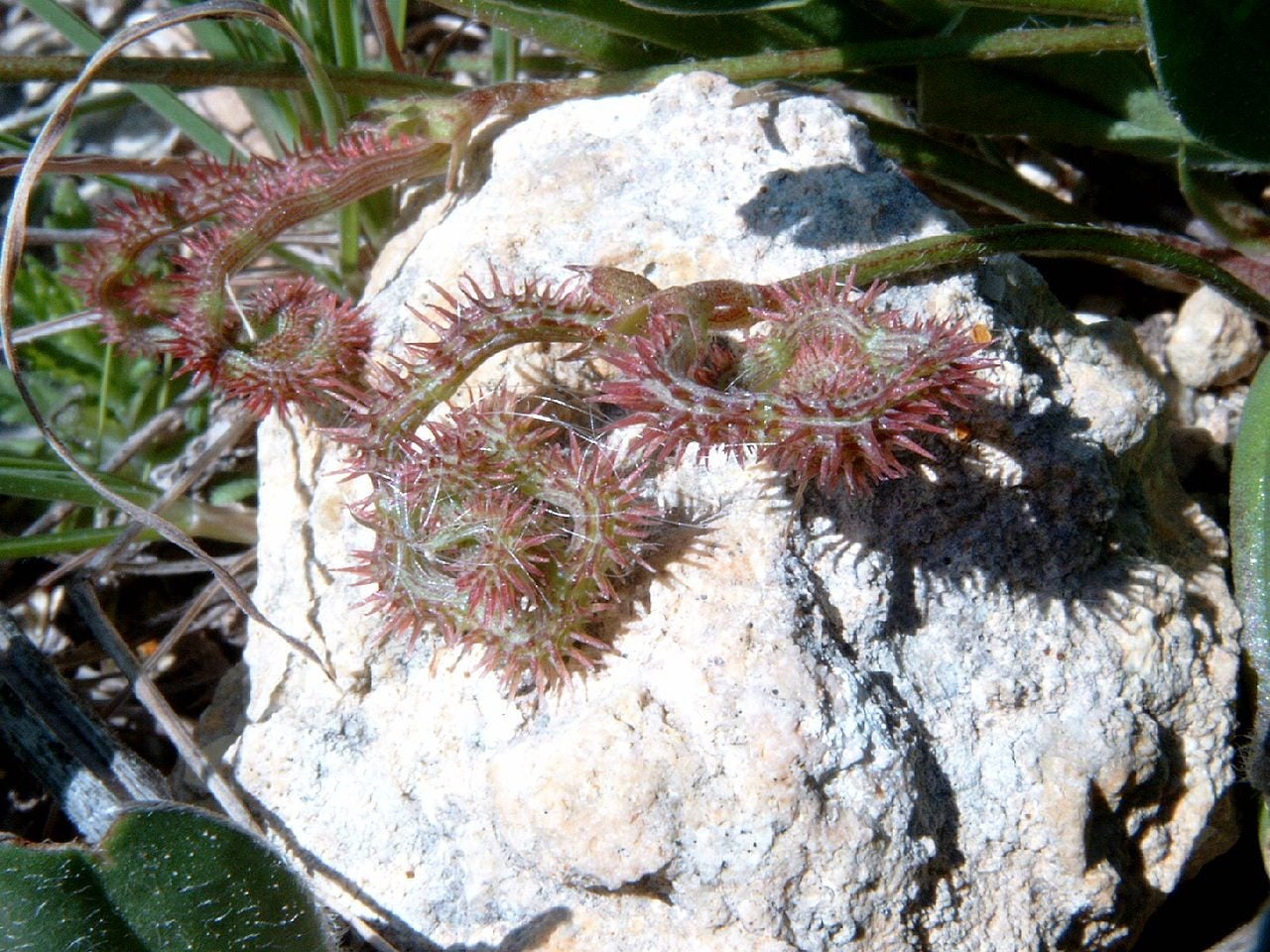What Is A Prickly Scorpion’s Tail: Growing Scorpiurus Muricatus Plants

As gardeners, some of us grow plants for food, some because they are beautiful and aromatic, and some for the wild critters to feast on, but all of us are interested in a new plant. Unique specimens that will have the neighbors talking include Scorpiurus muricatus plants, also known as prickly scorpion’s tail plant. What is prickly scorpion’s tail and is Scorpiurus muricatus edible? Let’s learn more about caring for prickly scorpion’s tail.
What is Prickly Scorpion’s Tail?
Scorpiurus muricatus is an unusual annual legume native to southern Europe. Listed by Vilmorin in the 1800’s, the plant has unique pods that twist and roll in upon themselves. The name “prickly scorpion’s tail” was no doubt given due to the resemblance but its other common name of “prickly caterpillar” is far more apt in my opinion. The pods do indeed look just like fuzzy, green caterpillars. Scorpiurus muricatus plants are most often used as a groundcover. They have lovely, tiny yellow flowers that are hermaphroditic, having both male and female organs. This herbaceous annual blooms continuously from midsummer. A member of the Papilionacea family, the plants attain a height of between 6 to 12 inches (15-31 cm.).
Caring for Prickly Scorpion’s Tail
Seeds can be direct sown outdoors after all danger of frost has passed or inside for a jump start. Sow seed ¼ inch (6 mm.) beneath the soil three to four weeks before the last frost if sowing indoors. Germination time for prickly scorpion’s tail is 10 to 14 days. Choose a site in sun to partial shade. The plant is not too picky regarding its soil and can be sown in sandy, loamy, or even heavy clay as long as the soil is well-draining. Soil can be acidic, neutral to alkaline. When caring for prickly scorpion’s tail, keep the plants moist to a little dry, not sodden. Oh, and the burning question: is Scorpiurus muricatus edible? Yes, but it has an uninteresting flavor and is a bit prickly. It would make a great icebreaker at your next party tossed casually in amongst the green salad though! This plant is fun and a historical oddity. Allow the pods to dry on the plant and then break them open to collect the seeds. Then pass them on to a friend so he/she can gross out the kids with caterpillars in their food.
Sign up for the Gardening Know How newsletter today and receive a free copy of our e-book "How to Grow Delicious Tomatoes".

Amy Grant has been gardening for 30 years and writing for 15. A professional chef and caterer, Amy's area of expertise is culinary gardening.